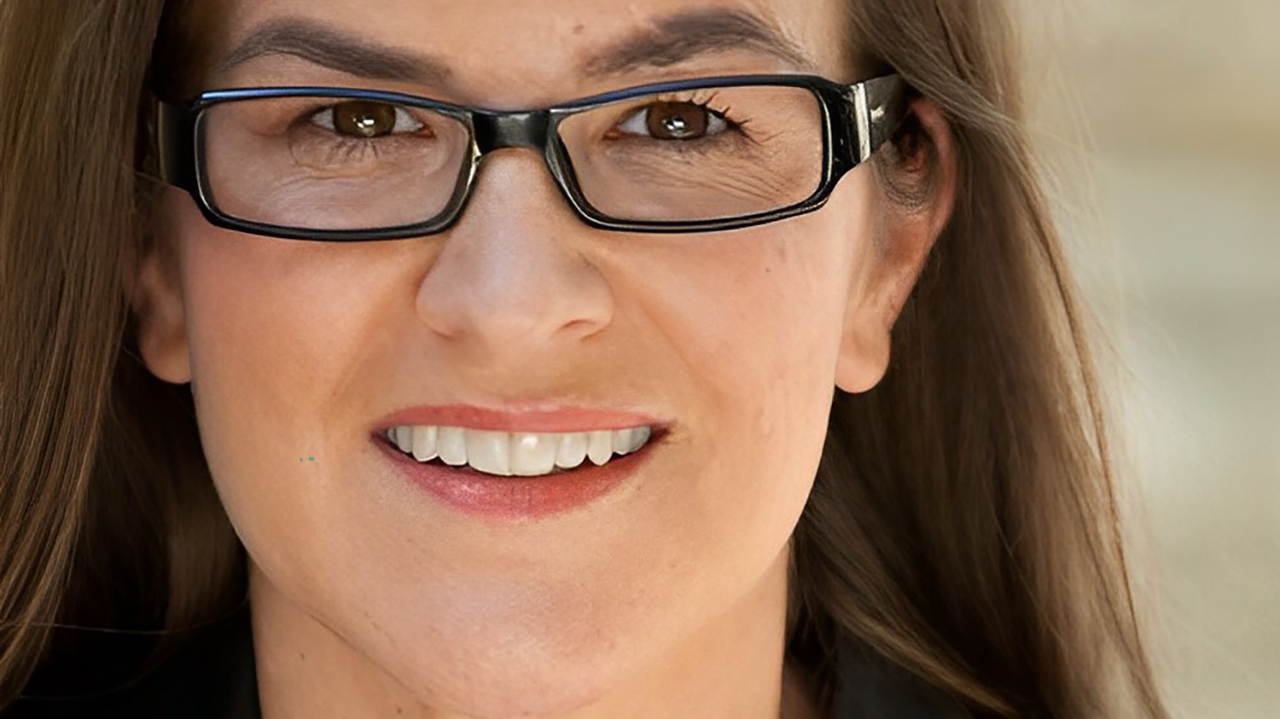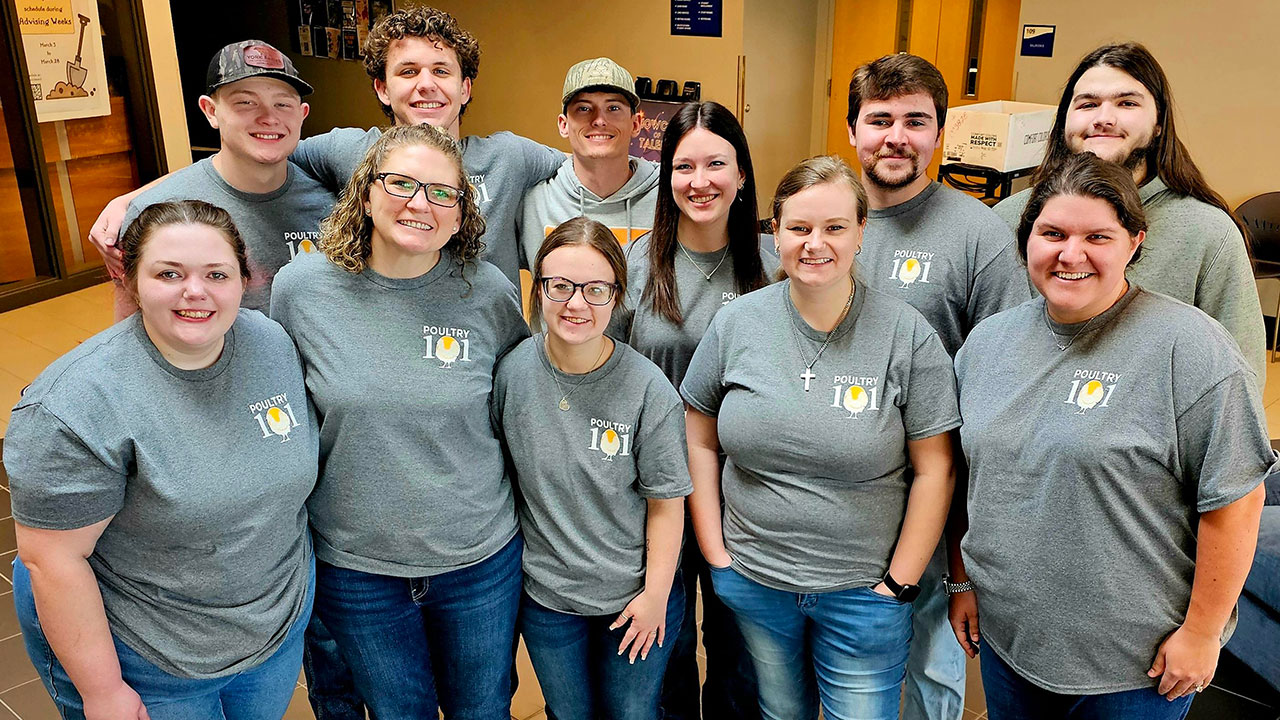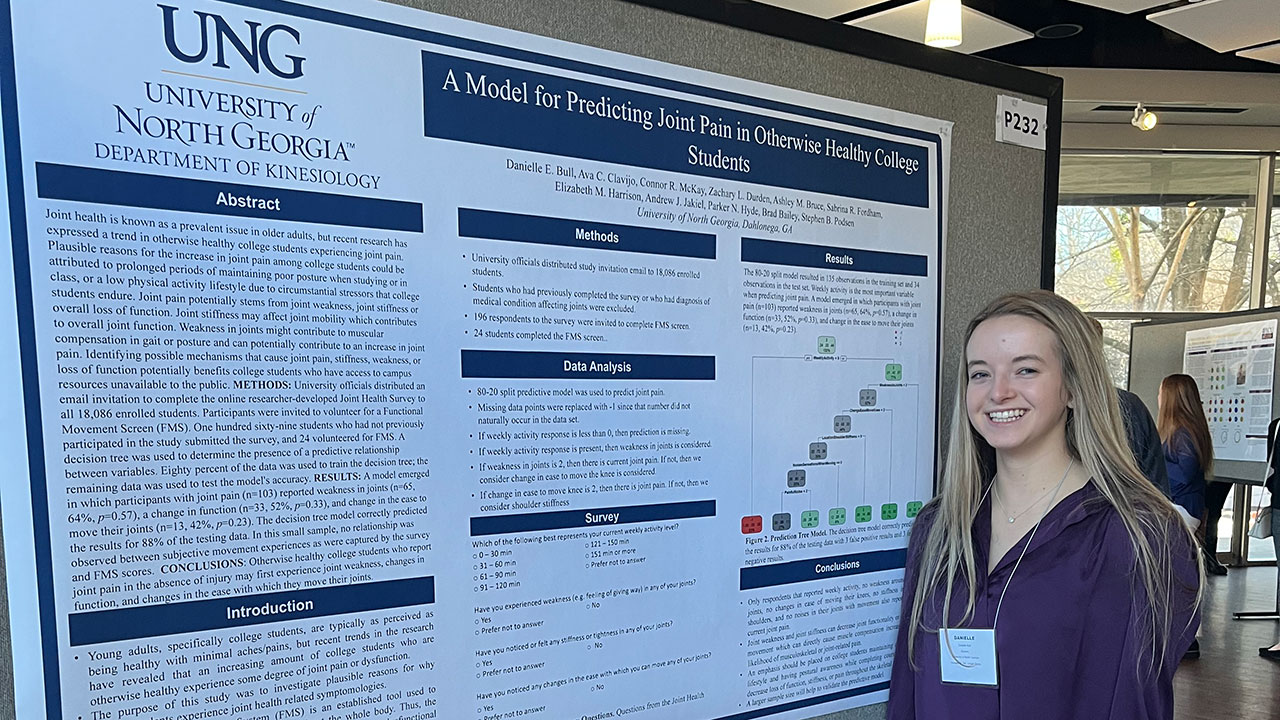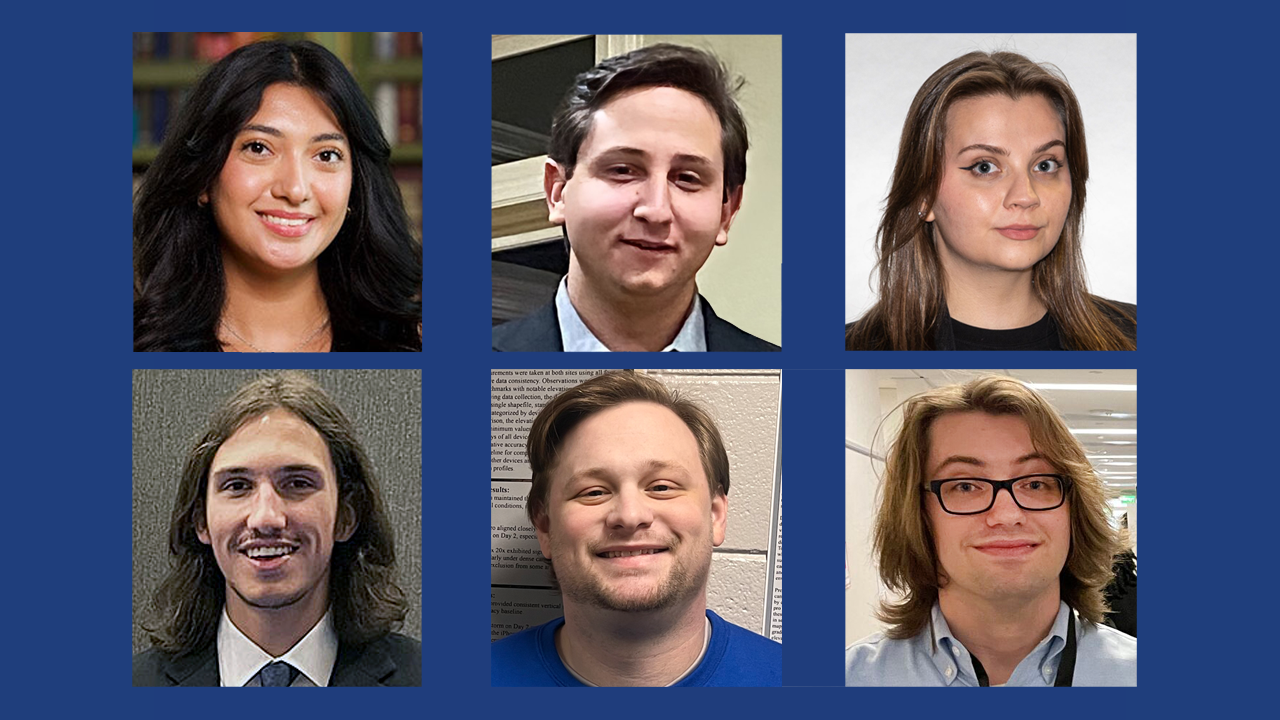Construction complete on state-of-the-art observatory near Dahlonega Campus

Article By: Staff
University of North Georgia (UNG) President Bonita Jacobs stared in awe at the 28-inch telescope atop a huge concrete pedestal that will allow students to look closely at the moon, planets and deep space objects.
"It exceeded my expectations," Jacobs said. "It is remarkable. I can envision the research and instruction that will take place and know how valuable it will be for generations of students to come."
Jacobs and a small group of UNG faculty, staff and students toured the freshly completed North Georgia Astronomical Observatory as part of its ribbon-cutting ceremony Sept. 25. UNG limited the number of participants to follow guidelines related to the COVID-19 pandemic.
Construction of the single-level 3,200-square-foot building ended in August following several weather delays. Inclement weather also prohibited attendees from looking through the two telescopes permanently onsite. Both are housed inside domes that rotate and open, allowing visitors, students and researchers to peer into the night sky.
 |
|
UNG President Bonita Jacobs and a small group of faculty and staff examine the 28-inch telescope at the North Georgia Astronomical Observatory. |
The state-of-the-art telescopes and domes mark significant upgrades to the previous aging observatory. According to Ken Crowe, assistant vice president of facilities at UNG, the previous facility was built 25 years ago when UNG had a student population of 2,000 to 3,000.
"The building had outgrown its functionality," he said, adding the new observatory is a huge improvement. "The difference between the old building and the new building could be compared to going from Little League baseball to the Major Leagues."
Dr. Gregory Feiden, observatory director and assistant professor of physics and astronomy at UNG, is excited about the opportunities the new facility will offer to students.
"The new facility is similar to a professional observatory," he said. "Our students will learn how to use our two telescopes, our suite of instruments, and how to collect and analyze data."
Dr. John Leyba, dean of the College of Science & Mathematics, said the facility and its state-of-the-art electronics will allow students to gain research experience at UNG instead of traveling to other sites.
"There is much more capability for our faculty and students to do fundamental research here compared to our previous observatory," he said.
Research projects will be enhanced because of the telescopes that measure at 24 and 28 inches across in the primary mirror diameter. Feiden explained the telescopes will allow students to conduct different tasks at the same time.
"The 28-inch telescope is multipurpose," he said. "Two instruments can be mounted simultaneously, making it is easy to switch between the two."
For example, an eyepiece can attach to one side and a camera can attach to the other. This will allow the viewer to look through the telescope and capture that image with a camera.
The 24-inch telescope does not have that dual option, making it ideal for teaching and research.
"The 28-inch telescope is easily accessible, including to people in wheelchairs," Feiden said. "So we will use it for public viewings."
While the observatory is designed for public access, the COVID-19 pandemic means the facility remains closed to the public until further notice.
Feiden said once the facility is open educational events will be scheduled inside and outside and use all of the observatory's amenities. For example, LCD screens mounted in the viewing room can display a live feed from the telescope while experts conduct lectures or other activities.
Outside the building, a large flat area can accommodate amateur astronomers and their own telescopes to view the night sky. Outdoor electrical outlets have been installed to power telescopes.
A turnaround for school buses was supplied to help support future field trips to the observatory.
"We have a list of programs we can't wait to start," Feiden said, acknowledging they must be put on hold for now. "So, stay tuned."
For more information about the observatory, watch UNG's Research Rendezvous segment on Facebook Live.



